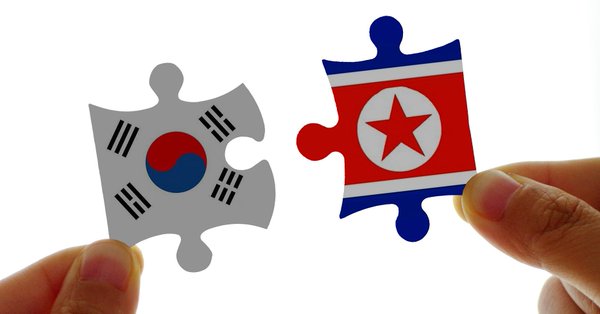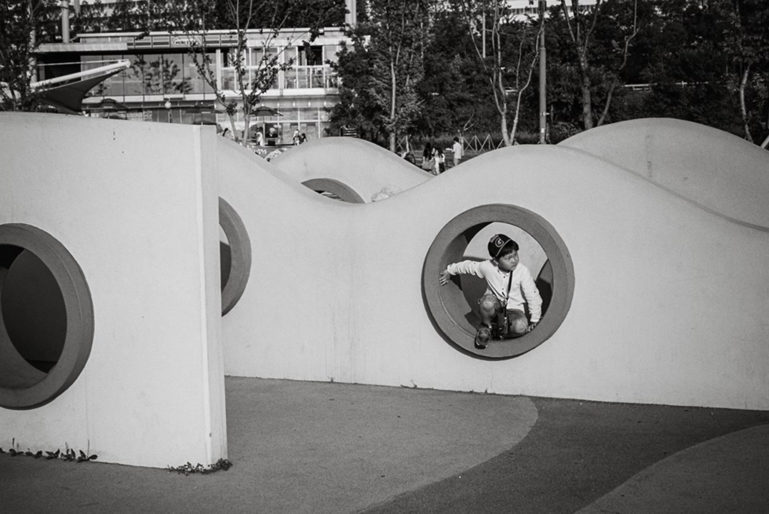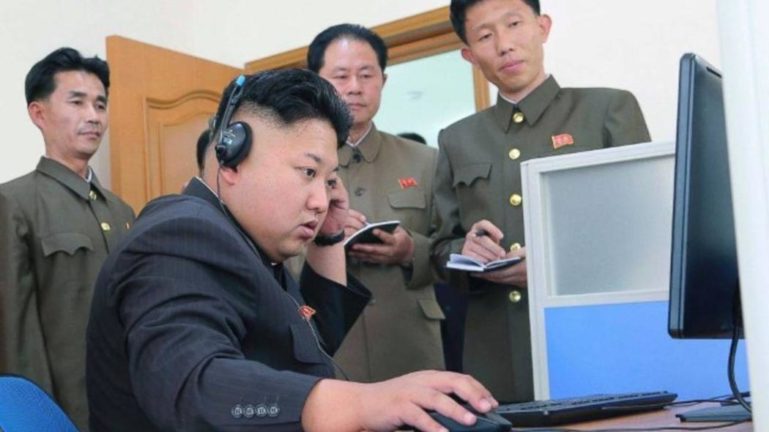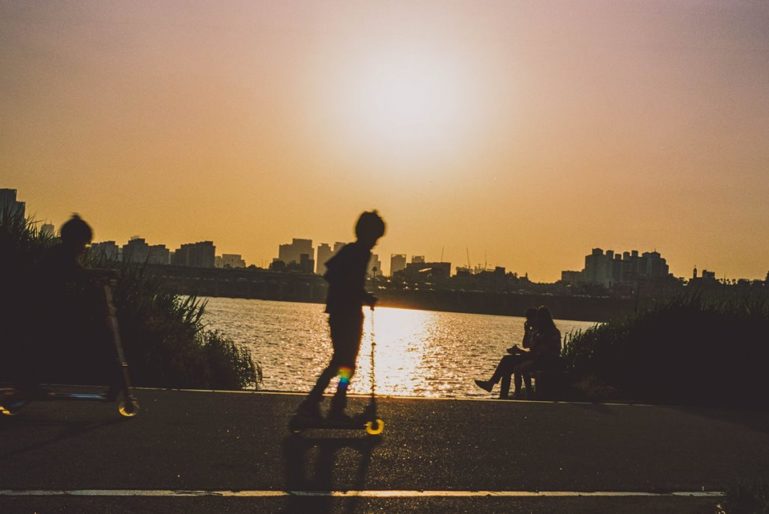“There are two different Seouls.
One of them exists in American headlines and imaginations. In that Seoul, half of South Korea’s 50 million people are living in constant terror. This Seoul is blanketed by Pyongyang’s nuclear shadow and Washington’s gaseous emissions, caught between a geopolitical rock and a hard place: the bratty obstinacy of a vain, power hungry madman, and Kim Jong-un. In this Seoul, South Koreans are paralyzed, able to do little more than cross their fingers and frightfully cling to the sanity of hope in an increasingly crazy world.
Then there’s the Seoul that actually exists in reality—the Seoul where the fire and fury on everyone’s minds is an oppressive, record-setting heat wave. Alongside unusually high levels of monsoons, the humidity has been brutal, leading to enough air conditioner usage to cause brief power outages. As a result, the big consumer trend of the summer has been handheld battery-powered fans.
In this Seoul, the Korean Baseball Organization is halfway into its regular season. Fans flock to the stadiums, clutching their handheld fans, spilling in and out of subways wearing their team’s jerseys. Smells of soju and beer and fried chicken waft through the subway stations.
The Seoul of actual reality obsesses over a slew of K-pop groups releasing new albums—called “comebacks”—and the most commonly discussed battle is whether Red Velvet’s “Red Flavor,” Exo’s “Koko Bop” or, more recently, Wanna One’s “Energetic” is the top summer single.
Life in Seoul isn’t just normal considering its proximity to North Korea; life in Seoul is normal, period. South Koreans work longer days and more hours than nearly anywhere else in the world, and with the fastest average Internet connection on the planet, it’s only natural that their off-hours are dedicated to the same technological distractions as Americans…”
Read more at Summit
Read more





